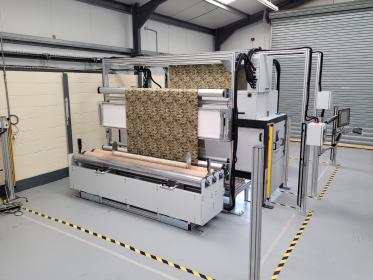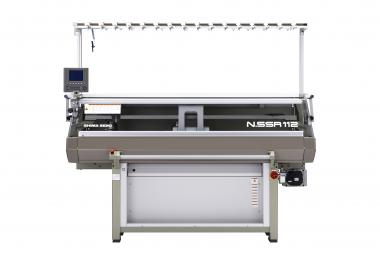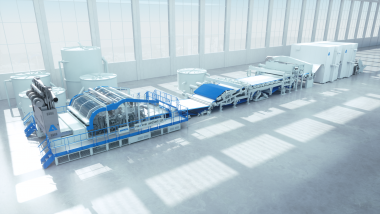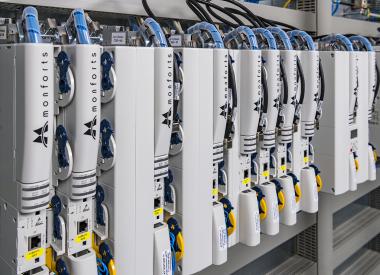Baldwin Technology partners with Fi-Tech to represent textile finishing technologies
Baldwin Technology Co. Inc. and Fi-Tech Inc. join partnership to ensure service amid growing demand for sustainable solutions. Fi-Tech Inc. will represent Baldwin Technology Co. Inc.’s complete textile and nonwoven product lines as its sales agent in the U.S. and Canada.
Founded in 1972 and headquartered in Richmond, Virginia, Fi-Tech is an agency and distribution firm for textile and non-woven machinery. Its initial focus was on synthetic fibers and nonwovens and it has since expanded its portfolio to represent manufacturers of complete machines or technical components used in the production of nonwovens, synthetic fibers, polymer, textiles, converting, perforated products and tobacco processing. Fi-Tech also maintains a spare parts inventory for many of the companies it represents.
“With the increasing demand of Baldwin’s finishing technology, we needed to find the right partner for sales promotion in the U.S. and Canadian markets for knits, wovens and non-wovens,” said Rick Stanford, Baldwin Technology’s VP Global Business Development, Textiles. “Fi-Tech of Richmond, Virginia is the perfect partner. They are well established in the textile and non-wovens industry and their portfolio of principals provides excellent synergy with Baldwin’s precision spray and plasma treater systems.”
Baldwin’s solutions are used in a wide variety of fabrics from basic jersey and fleece with softening and anti-microbial finishes to technical fabrics such as outdoor gear, military, upholstery, automotive and industrial fabrics utilizing the latest in technical finishes such as DWR, soil release, flame retardants and insect repellent among others.
Baldwin Technology Company Inc. Fi-Tech nonwovens synthetic fibers and yarns finishing technology textile finishing
Baldwin Technology Company Inc. / Adduco Communications































